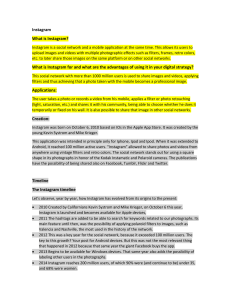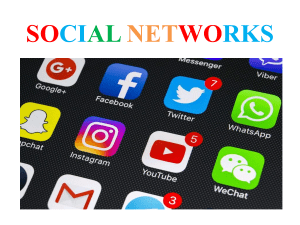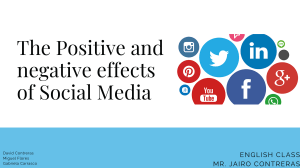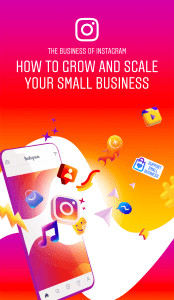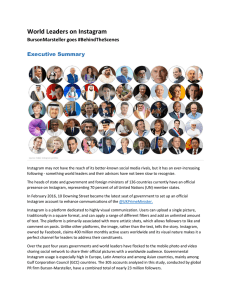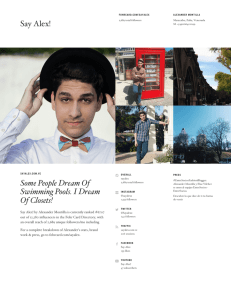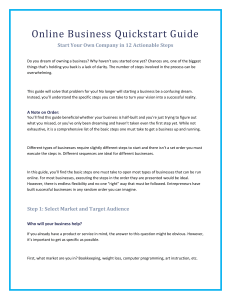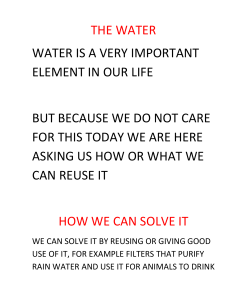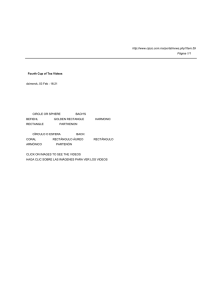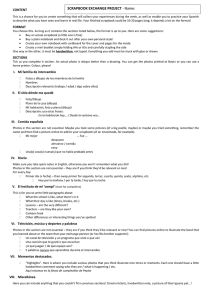Instagram Overview: History, Features, and Usage
Anuncio
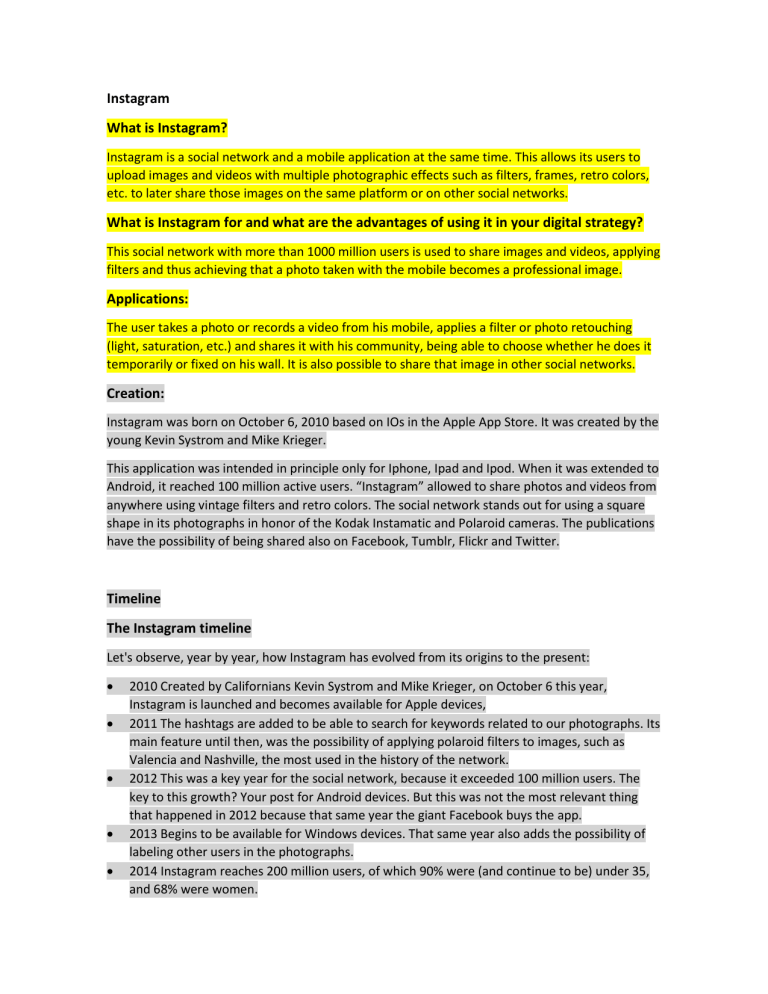
Instagram What is Instagram? Instagram is a social network and a mobile application at the same time. This allows its users to upload images and videos with multiple photographic effects such as filters, frames, retro colors, etc. to later share those images on the same platform or on other social networks. What is Instagram for and what are the advantages of using it in your digital strategy? This social network with more than 1000 million users is used to share images and videos, applying filters and thus achieving that a photo taken with the mobile becomes a professional image. Applications: The user takes a photo or records a video from his mobile, applies a filter or photo retouching (light, saturation, etc.) and shares it with his community, being able to choose whether he does it temporarily or fixed on his wall. It is also possible to share that image in other social networks. Creation: Instagram was born on October 6, 2010 based on IOs in the Apple App Store. It was created by the young Kevin Systrom and Mike Krieger. This application was intended in principle only for Iphone, Ipad and Ipod. When it was extended to Android, it reached 100 million active users. “Instagram” allowed to share photos and videos from anywhere using vintage filters and retro colors. The social network stands out for using a square shape in its photographs in honor of the Kodak Instamatic and Polaroid cameras. The publications have the possibility of being shared also on Facebook, Tumblr, Flickr and Twitter. Timeline The Instagram timeline Let's observe, year by year, how Instagram has evolved from its origins to the present: 2010 Created by Californians Kevin Systrom and Mike Krieger, on October 6 this year, Instagram is launched and becomes available for Apple devices, 2011 The hashtags are added to be able to search for keywords related to our photographs. Its main feature until then, was the possibility of applying polaroid filters to images, such as Valencia and Nashville, the most used in the history of the network. 2012 This was a key year for the social network, because it exceeded 100 million users. The key to this growth? Your post for Android devices. But this was not the most relevant thing that happened in 2012 because that same year the giant Facebook buys the app. 2013 Begins to be available for Windows devices. That same year also adds the possibility of labeling other users in the photographs. 2014 Instagram reaches 200 million users, of which 90% were (and continue to be) under 35, and 68% were women. 2015 The “advertising” era begins on the platform and the most significant changes in the algorithm. 2016 The social network changed its logo several times, but never as sharply as the changes it made this year In 2016 they also incorporate the famous Stories, photographs and ephemeral videos that last 24 hours. This new feature involved some controversy, as many media considered it a "copy" of Snapchat. 2017 The Live Stream arrives at the Stories, a constantly evolving feature. 2018 After the numerous complaints of its users, Instagram decides to return to the initial “chronology” (although with some traps) and changes the algorithm again. 5 accounts with more followers in the world (Novirmbre 2019) 5 Selena Gomez - 161 million followers 4 ‘The Rock’ - 162 million followers 3 Ariana Grande - 167 million followers 2 Cristiano Ronaldo - 190 million followers 1 Instagram - 317 million followers Note: Total users approximately. 895, 900,000 users 50.3% women 49.7% men Advantages • It is totally free, that is, when you download it from the App Store, no payment is given in return. • It has effects, vintages, frames, among others to beautify the images. • Privacy and personal security. • You can see photos of people from other countries. • Automatically save the photo. • You can monitor the photos using #hashtags • Photos are shared on Facebook, Twitter, Flickr, Tumblr, Foursquare and by mail. You can see the publications of the artists and if they have the map of photos activated you can see where it was uploaded. • Free Advertising for companies Disadvantages: • Photos cannot be organized by categories. • It is only accessible for uploading photos via mobile, not through the web. • You cannot sort photos so colorful. • Users can be harassed or harassed. • Spend many megabytes if you are not connected to a Wifi network. • There are many fake accounts or users who impersonate famous artists.
